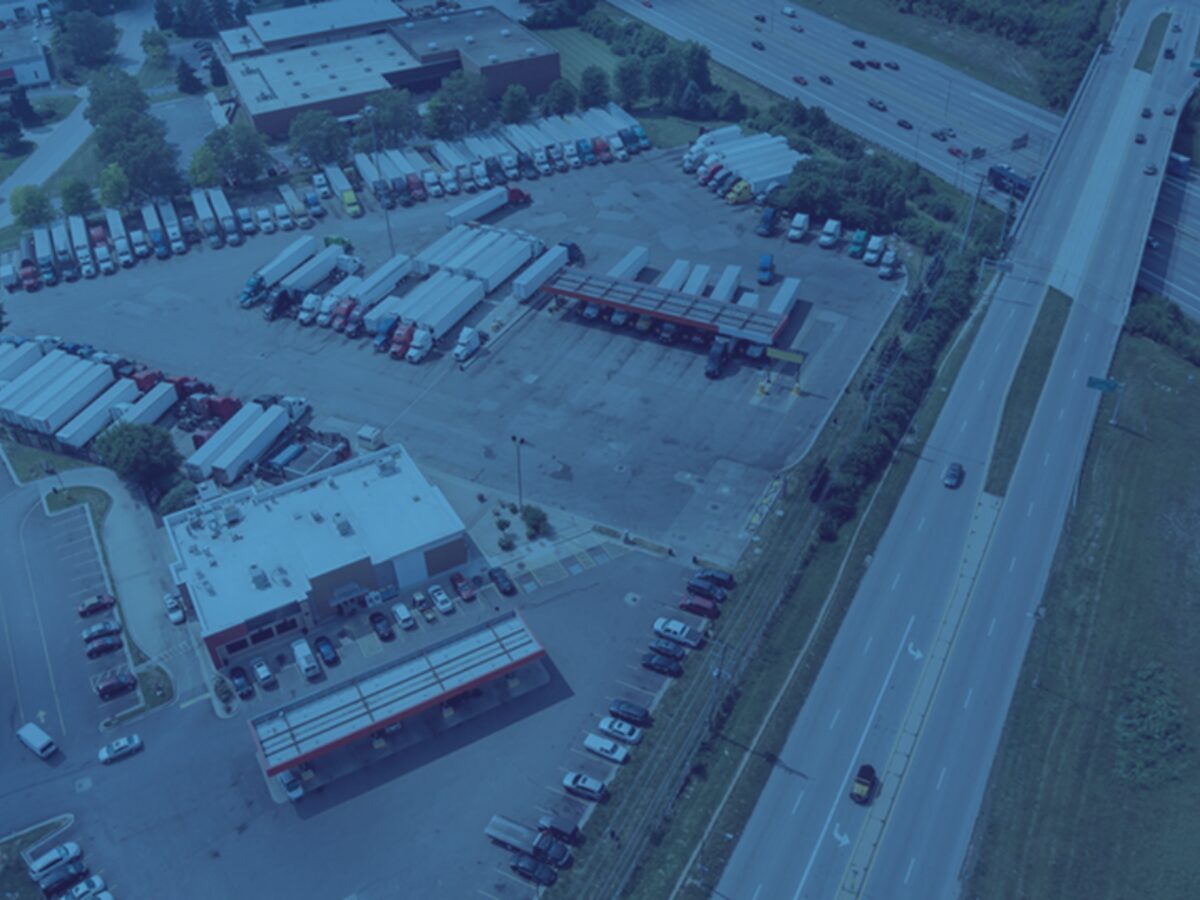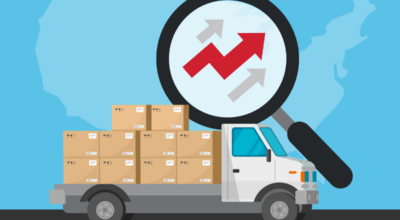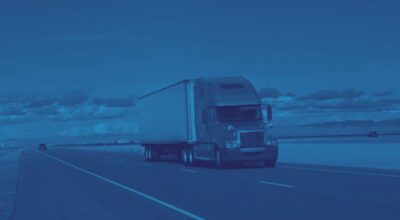
At any given time, an estimated 24.9 million people worldwide are victims of human trafficking. As a result, the U.S. Department of Justice has launched numerous special initiatives designed to help put an end to this serious crime.
One way in which transportation companies can do their part is by putting their own policies and procedures in place, bringing more awareness to this issue while also encouraging their drivers to take action if they suspect human trafficking when on the road.
This begins with first identifying exactly what human trafficking is.
What is human trafficking?
Human trafficking is often associated with keeping people, primarily minors and women, against their will and forcing them to engage in sex acts for money. However, its reach is more expansive than that.
The White House’s National Action Plan to Combat Human Trafficking defines human trafficking as the recruitment, harboring, transportation, patronizing or soliciting of a person through force, fraud or coercion for purposes of commercial sex acts or for forced labor.
So, human trafficking encompasses a wide range of scenarios in which a person is forced to do things they don’t want to do, sexual or otherwise. It also doesn’t require that actual force be used, as even a threat of force qualifies under this definition.
Trafficking in the trucking industry
The National Human Trafficking Hotline calls truck stops the “ideal venue for traffickers” because their locations are often remote and people who frequent them are transient. When moving trafficking victims from one city to the next, traffickers commonly use these facilities as a place to force their victims into commercial sex acts.
Male truckers are a primary target, and traffickers have several ways to reach this demographic. They include:
- Using coded advertising through CB radio
- Advertising on online trucker boards
- Knocking on truck doors in truck stop parking lots
Consequences of participating in human trafficking
One of the ways that legislators are trying to stop human trafficking is by instituting penalties against those involved. Offenders convicted of “purchasing” or “receiving” a trafficking victim face jail or prison time and the payment of fines.
The National Conference of State Legislatures reports that, in some states, penalties are greater when the victim is part of a vulnerable population. This includes children, those with mental illness and undocumented immigrants.
If a business takes part, penalties can be instituted against that entity as well. High-level fines (up to $1 million in some states) and exposure to civil liability are two potential consequences. So too is business license suspension or revocation, with some state’s Attorney General offices given the power to dissolve a company involved in human trafficking.
What your transportation company can do
Companies in the transportation industry are in a frontline position to help thwart human trafficking. To assist with this, the American Trucking Associations recommends that trucking companies take two actions:
- Offer drivers and other staff access to anti-human trafficking training programs
- Implementing a zero-tolerance policy for participation in “commercial sex of any kind”
The first action involves helping your employees recognize the signs that someone may be a victim of human trafficking. These signs include the person looking malnourished, having visible signs of physical abuse, avoiding eye contact, or talking in a way that sounds rehearsed. Encourage drivers to call 911 if they suspect human trafficking so the situation and person can be checked out.
The second action requires reinforcing to employees that participation in human trafficking or any commercial sex act will not be tolerated by the company. Be clear that their employment can be terminated immediately if they are involved in this type of behavior, whether on or off the job.
Learn more about the trucking industry and trends here.


